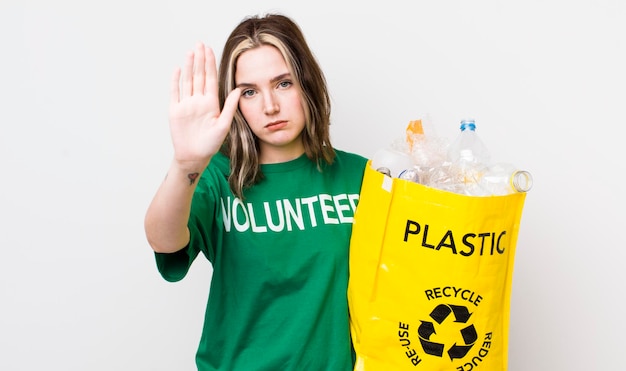
I’m asking for your help to tackle a really big problem affecting all of us: the rising amount of plastic in our oceans. We know plastic can cause health issues, but the environmental impact is now truly concerning.
Plastic is everywhere in our daily lives. It’s almost unavoidable, as it appears in everything from clothes to cars, and even in our electronics. This widespread use is starting to take a toll on our planet.
Here are some eye-opening facts about plastic use:
Plastic is built to last and can linger for up to 1,000 years before breaking down, releasing harmful chemicals in the process. While recycling seems like a solution, it’s not enough for a few reasons. Recycling is better than not recycling, but it doesn’t solve the issue of excessive plastic usage. We need to shift our focus towards cutting down on plastic use from the start.
Unfortunately, individuals often get blamed for plastic pollution, while companies profit. A 2018 article from Scientific American highlights how big companies push for ongoing plastic use to boost their profits. These companies have resisted measures, such as deposit fees on bottles, that have proven to increase recycling rates. At the same time, they spend millions on ad campaigns that make us feel like we’re contributing positively to the environment when our efforts are overshadowed by corporate practices.
Statistics show that when cities and states impose fees on plastic bottles and bags, usage drops by 80%. We could ban or restrict single-use items like styrofoam and plastic straws. However, even without laws, we can make individual changes that collectively have a big impact.
Here are some small changes we can make:
1. Plastic Bottles: In the US, 1,500 plastic water bottles are discarded every second—that’s over 38 billion a year going to landfills or the ocean. Instead, use reusable bottles and filters.
2. Diapers and Sanitary Products: These contribute hugely to waste with countless disposable diapers and tampons. Consider alternatives like cloth diapers and reusable menstrual products.
3. Straws: Many are already switching away from plastic straws. Say “no” to straws or opt for eco-friendly versions.
4. Styrofoam and Coffee Cups: Disposable cups are common but easy to replace with reusable ones, which can be healthier too.
5. Plastic Bags: Most are used for just a few minutes but cause long-term environmental issues. Switch to reusable bags.
6. Produce Bags: Replace flimsy plastic bags with durable, reusable alternatives that won’t rip.
7. Plastic Packaging: Stop buying products in plastic containers. Reduce packaged food purchases and store leftovers in non-plastic containers.
8. Antibacterial Soaps and Cleaners: These often come in plastic bottles and can harm skin. Use natural alternatives and concentrate in recyclable packaging.
9. Packaged Foods: Most processed foods are packaged in plastic. Make meals and snacks at home to avoid this.
10. Chewing Gum: Surprisingly, most gum contains plastic. Switch to natural options.
If you’re as concerned as I am about the impact of plastic on our health and environment, join me in avoiding single-use plastics for a month. Let’s start making a positive change for our planet!

